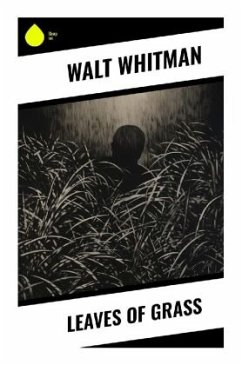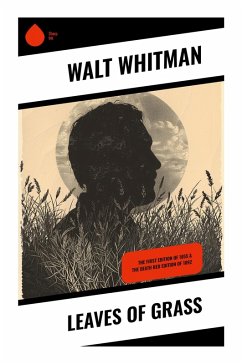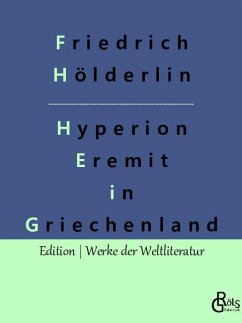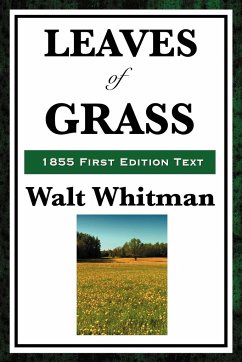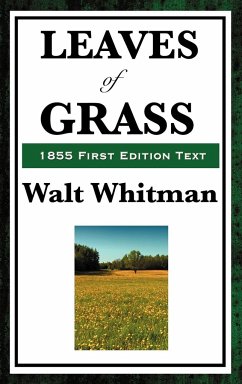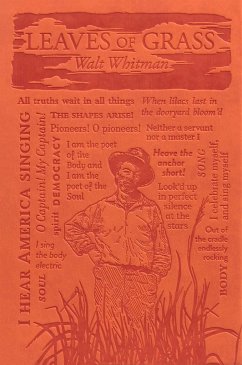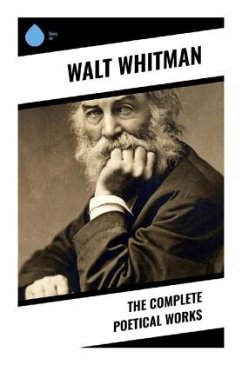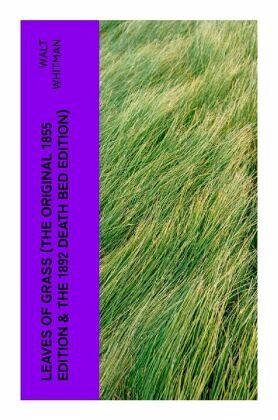
LEAVES OF GRASS (The Original 1855 Edition & The 1892 Death Bed Edition)
Versandkostenfrei!
Versandfertig in 6-10 Tagen
33,20 €
inkl. MwSt.

PAYBACK Punkte
0 °P sammeln!
Walt Whitman's "Leaves of Grass," encompassing both the original 1855 edition and the 1892 Death Bed Edition, presents a groundbreaking exploration of self, nature, and the collective American experience. Whitman employs free verse, juxtaposing rich imagery with philosophical musings, thereby transcending traditional poetic forms and inviting readers to celebrate the beauty of individualism and democracy. At its core, the work articulates a vision of unity among all things, blending the personal with the universal, reflecting the burgeoning ideas of a diverse America during the mid-19th centur...
Walt Whitman's "Leaves of Grass," encompassing both the original 1855 edition and the 1892 Death Bed Edition, presents a groundbreaking exploration of self, nature, and the collective American experience. Whitman employs free verse, juxtaposing rich imagery with philosophical musings, thereby transcending traditional poetic forms and inviting readers to celebrate the beauty of individualism and democracy. At its core, the work articulates a vision of unity among all things, blending the personal with the universal, reflecting the burgeoning ideas of a diverse America during the mid-19th century. Whitman, a true forerunner of modern American poetry, was profoundly influenced by his experiences as a journalist, a teacher, and a soldier during the Civil War. His commitment to equality, spirituality, and the visceral realities of the human condition shaped his poetic voice and thematic focus in "Leaves of Grass." This work not only defines his literary legacy but also encapsulates the transformative cultural landscape of America as it sought its identity in a period of tumult and change. This seminal work is highly recommended for those seeking a deeper understanding of American literature and poetry. Whitman's bold embrace of varied themes and styles speaks to the complexities of life, making it an essential read for anyone interested in the evolution of poetic expression and the celebration of the human spirit.



